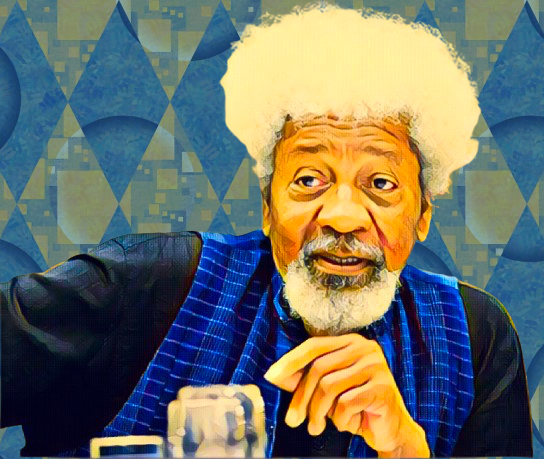KEY POINTS
- The Nobel laureate suggests that Nigerian local languages should be added to school and scientific studies.
- Ngugi argues that cultural traditions should be updated to hold importance in today’s world.
- To fulfill Soyinka’s dream, the University of Ilorin established a cultural center.
Wole Soyinka believes that developing local languages and culture will help Nigeria develop.
In his words, celebrating Nigeria’s local languages and culture is essential for the country’s successful growth.
At the Centre for Cultural Studies and Creative Arts of the University of Ilorin, Soyinka argued on Monday for bringing local languages into school, work and creativity.
Language stores our cultural history
In his words, Soyinka described language as the foundation of a people’s culture. The use of language is beautiful because it allows us to express who we are. According to him, young people in Nigeria should be motivated to learn their ancestors’ languages. He added that Nigeria is a nation with many cultures and has more than 300 languages.
After acknowledging the global importance of foreign languages, Soyinka mentioned that these languages should not replace a person’s own language. We should read, write and think first in the language we grew up with, before writing or thinking in a foreign language, Herder argued.
Revising traditions to remain significant
Soyinka also suggested that the customs, recipes and solutions from the past be adapted and used in daily life today.
“Remember to learn from the wisdom of our mothers and use those lessons in the modern world,” he advised.
He believed that all schools should require students to learn local languages, because this would help Nigerians appreciate their culture and history.
The university opens a cultural center to honor Wole Soyinka
The Vice Chancellor, Prof. Wahab Egbewole, considered Soyinka’s visit to be a special occasion for the university. Soyinka stated the Centre was set up to honor his life-long love for art and humanities.
Since the centre is offering diploma, undergraduate and postgraduate courses, it plans to establish itself as a center for cultural scholarship around the world. He was hopeful that with Soyinka on board, the initiative would reach out to the rest of the world and bring recognition to Nigeria.



